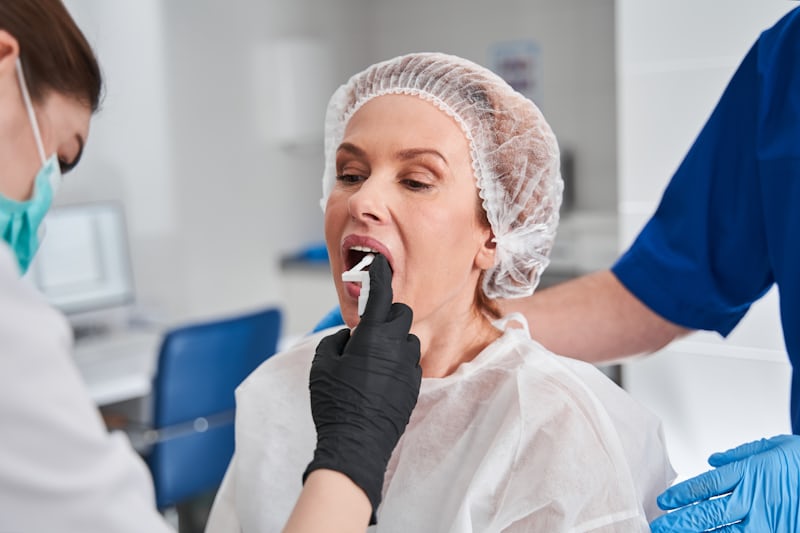Accidentally ate before colonoscopy appointments happen more often than you might think—you’re certainly not the first person to reach for that morning coffee out of habit or mindlessly snack while helping your kids get ready for school.If you’ve found yourself in this situation, take a deep breath. While proper preparation is crucial for a successful colonoscopy, the next steps depend on exactly what you ate, when you ate it, and how soon your procedure is scheduled. Your doctor needs a clear view of your colon to check for polyps and other abnormalities, which is why the pre-procedure instructions are so specific about avoiding food.
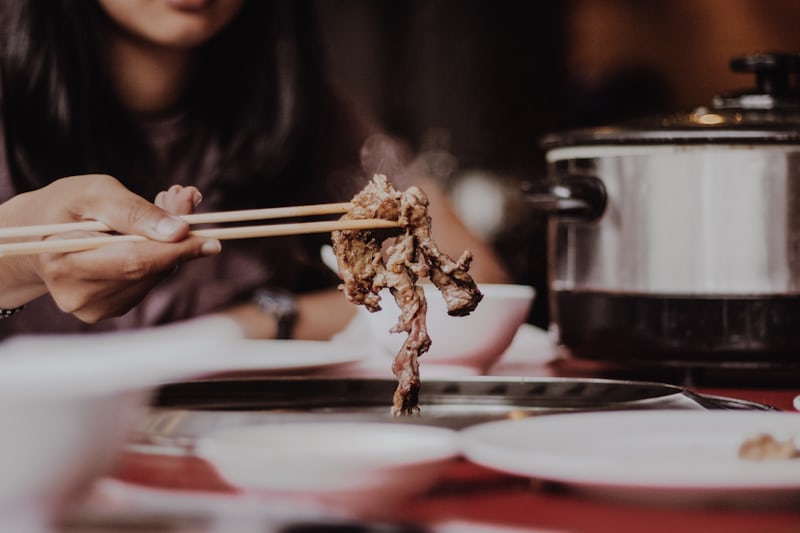
The good news is that not all hope is lost if you’ve had an accidental bite or sip. Sometimes the procedure can still move forward, while other times it may need to be rescheduled. What matters most is being honest with your healthcare team right away so they can make the best decision for your health and the effectiveness of the screening.
Table of Contents
The What and Why of Pre-Colonoscopy Eating Mistakes
Introduction to colonoscopy preparation requirements
Let’s face it—colonoscopy prep isn’t exactly a party. Those clear liquids, the bathroom marathon, and that dreaded hunger as your appointment approaches. But there’s a good reason doctors are so strict about the “nothing by mouth” rule. Your colon needs to be squeaky clean for those tiny cameras to spot any potential problems. Think of it like trying to find a penny at the bottom of a muddy puddle versus in clear water—which would be easier?
The colonoscopy prep process isn’t just a random set of rules designed to make you miserable—it’s a carefully crafted protocol developed through decades of medical research. Your digestive tract is about 30 feet long, and doctors need to see every inch of your colon wall clearly to detect potential problems. That visibility requires your colon to be completely empty and clean.
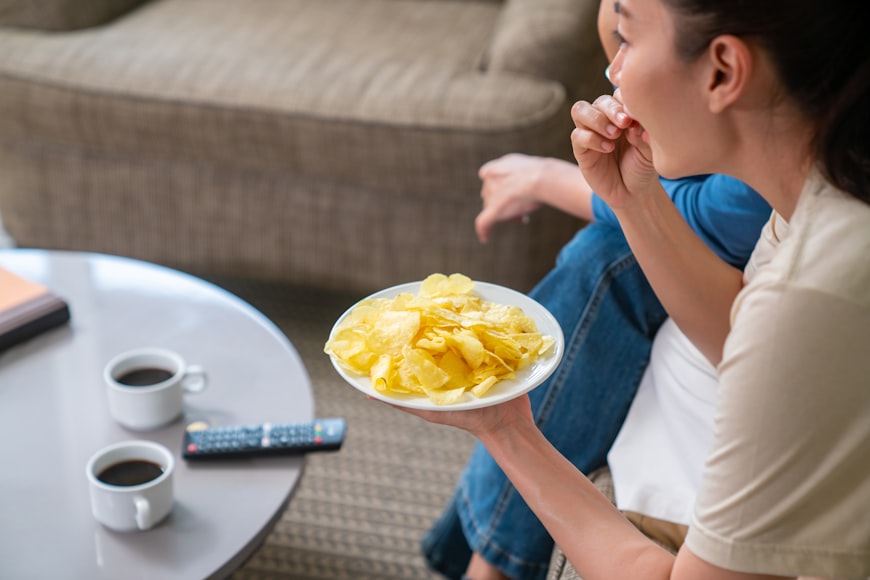
The standard prep involves dietary restrictions that gradually intensify: first eliminating high-fiber foods days before, then switching to clear liquids only, and finally taking a powerful laxative solution that clears everything out. Each step builds on the previous one, which is why a mistake at any point can ripple through the entire process. As gastroenterologist Dr. Patel explains, “Think of prep as emptying and cleaning a swimming pool. You first drain the water (solid food), then sweep out debris (clear liquids only), and finally power-wash the surfaces (prep solution). Skip any step, and the inspection will be compromised.”
Common reasons people accidentally eat before the procedure
Even the most prepared patients slip up sometimes! Morning autopilot is a major culprit. That muscle memory of reaching for your coffee mug or grabbing a granola bar can override your conscious brain. Then there’s the midnight munchies when you’re starving at 2 AM and half-asleep. Some folks mix up their prep timeline. Parents often get distracted feeding their kids and absentmindedly take a bite themselves. Trust me, doctors have heard it all!
Immediate steps to take if you’ve eaten
Don’t panic—but don’t ignore it either! Call your doctor’s office RIGHT AWAY. The colonoscopy squad deals with this situation regularly and needs accurate info to help you. Be totally honest about what and when you ate—was it a tiny sip of coffee or a three-course breakfast? The difference matters hugely. Sometimes they’ll ask you to drink extra prep solution to compensate, while other times they’ll need to reschedule.
Potential consequences on the procedure
Here’s the deal: food in your system can seriously mess with your colonoscopy results. Leftover bits can block the doctor’s view, potentially hiding polyps or other issues that need attention. It’s like trying to spot stars with clouds in the way—some things just won’t be visible. The procedure might take longer as they work around the obstacles, or worse, they might miss something important. Nobody wants to repeat this process because of a visibility issue!
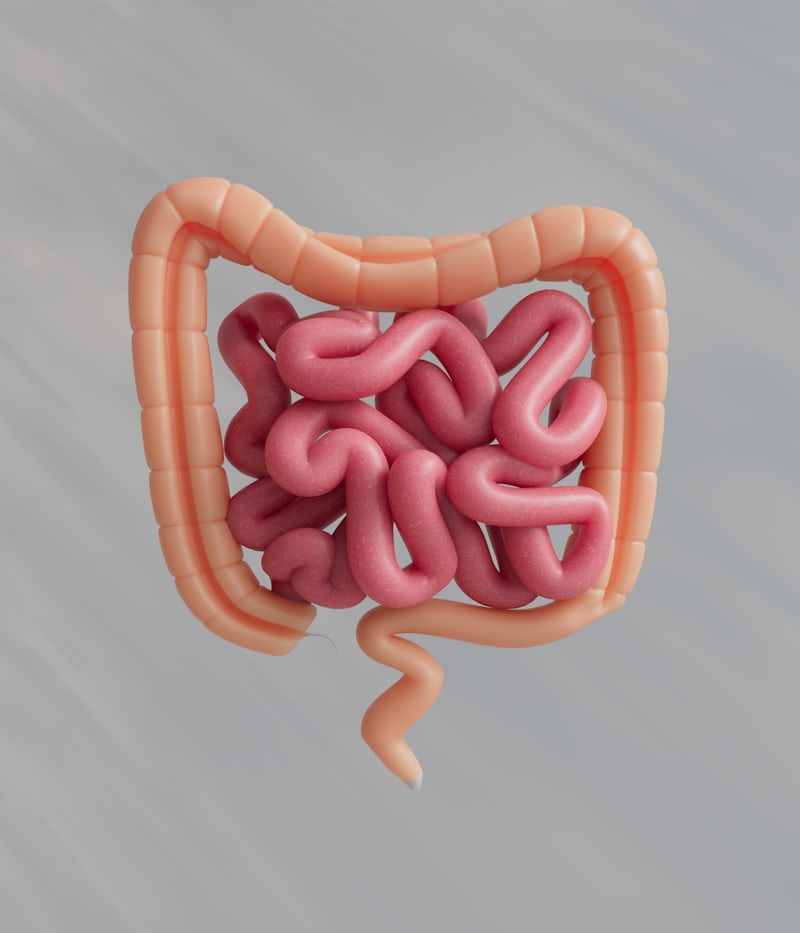
When rescheduling is necessary versus when to proceed
The timing really matters here. If you accidentally munched something 8 hours before your appointment, there might still be hope. However, if you downed a cheeseburger two hours before, you’re probably looking at a reschedule. Clear liquids are sometimes forgiven closer to the procedure time than solid foods. Your doctor weighs several factors: the type of food, how much you ate, when you ate it, and your personal health history.
Sometimes they can work with the situation, but other times, for your safety and to ensure accurate results, hitting the reset button is the best call. Remember—a rescheduled colonoscopy is better than an incomplete one. This screening saves lives by catching issues early, so doing it right matters more than doing it right now!
When Colonoscopy Prep Goes Off Track
Real-world scenarios of pre-colonoscopy eating mistakes
Meet Ellen, who mindlessly sipped her husband’s coffee while packing his lunch the morning of her procedure. Or Tom, who forgot his appointment was today and enjoyed a full breakfast before his phone buzzed with a reminder. There’s also Maria, who misunderstood the instructions and thought “clear liquids only” meant her morning protein shake was perfectly fine.
These aren’t fictional characters—they’re real people whose colonoscopy journeys hit an unexpected bump. Their stories highlight how easily these mistakes happen, even when you’re trying to follow the rules. As one gastroenterologist told me, “In 20 years of practice, I’ve never met a patient who messed up prep because they wanted to!”
Medical perspective: Why fasting matters for colonoscopy success
Let’s break down the why behind the fast. Your colon is like a winding tunnel that needs to be completely empty for inspection. When you eat, your body starts a complex process that pushes food through your digestive system for about 24-72 hours. Any food particles lingering in your colon can hide potential problems like polyps (those small growths that can sometimes become cancerous).

Dr. Sanchez, a colorectal specialist, puts it perfectly: “Imagine trying to find a small red bead in a bowl of colorful cereal—that’s what looking for polyps is like when there’s food in the colon.” The fasting and prep solution work together to create a clean canvas that allows doctors to spot even the tiniest abnormalities.
What to tell your doctor if you’ve consumed food
Honesty is the only policy here—even if you’re embarrassed or worried about rescheduling hassles. Your medical team needs specific details: exactly what you ate (solids or liquids?), how much (a bite or a meal?), and precisely when it happened. Did you accidentally eat 12 hours before your appointment, or was it just 2 hours ago? These details help your doctor make the right call. Remember, they’re not judging you—they’re problem-solving. As nurse practitioner Kelly told me, “I’d much rather a patient call immediately after making a mistake than show up having hidden it from us. We can often find solutions if we know early enough.”
Communication guide for your healthcare provider
When the “oops” moment happens, how you talk to your medical team matters almost as much as what you ate. First, call immediately—don’t wait and hope for the best. Be precise about timing: “I accidentally ate two bites of toast at 7:15 this morning” is much more helpful than “I ate something earlier.” Describe exactly what and how much you consumed without downplaying it.
Be honest about your prep otherwise—have you been following the solution schedule perfectly until now? Ask clear questions: “Does this mean we’ll definitely need to reschedule, or is there anything I can do?” Take notes during the conversation, as anxiety might make it hard to remember details. One nurse told me the best patient communication she ever received was: “I messed up at 5 AM with half a cup of coffee with cream. Everything else has been perfect, and I’m willing to do whatever additional prep might help save today’s appointment if possible.”
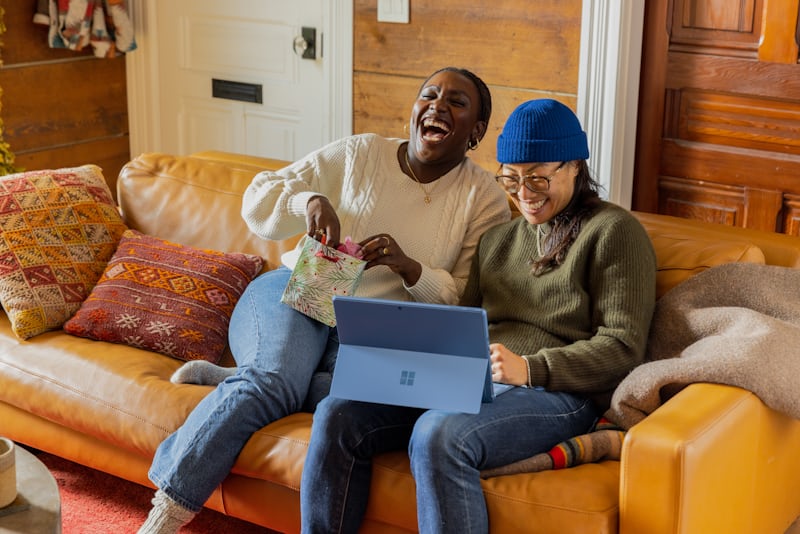
Preventative strategies for your rescheduled procedure
If you’re facing the reality of a do-over, let’s make sure it goes perfectly next time! Put bright sticky notes on your fridge, coffee maker, and bathroom mirror. Set up calendar alerts on your phone for prep days. Ask a friend or family member to be your “prep buddy” who checks in during critical times. Some patients even temporarily remove food from their home environment by staying with a relative during prep time. Consider practicing a “dress rehearsal” of clear liquid consumption the week before. And remember—many people find the anticipation of colonoscopy prep worse than the actual experience. Having gone through part of it already, you’re better prepared for round two. Your future self will thank you for getting it right!
The Science Behind the Restriction: Understanding Colonoscopy Prep
How digestive processes affect colonoscopy visibility
Your digestive system is like an amazing factory that never stops working—even when you wish it would take a break before your colonoscopy! When you swallow that forbidden pre-procedure snack, your body immediately kicks into gear. Enzymes in your saliva start breaking down carbohydrates, then stomach acid tackles proteins, and finally, your intestines work on everything else. This process creates a constantly moving river of partially digested food that can take anywhere from 24-72 hours to fully exit your body. Dr. Rivera explains it perfectly: “The colonoscope is like a tiny submarine with a camera exploring your colon—if the water is muddy with food particles, we simply can’t see what we need to see.” That visibility isn’t just about convenience—it’s about catching potentially life-threatening issues before they become problems.
Types of foods/drinks and their impact on preparation
Not all dietary slip-ups create equal problems! Clear liquids like water or black coffee are the least troublesome since they’re quickly absorbed and don’t leave residue. Light-colored drinks like apple juice are next on the “least problematic” list. But red or purple liquids? They can stain your colon walls and look frighteningly similar to blood—talk about a false alarm! Dairy products create a sticky coating that’s difficult to flush out completely. Fibrous foods like nuts, seeds, and vegetables are the absolute worst offenders; they can linger in nooks and crannies of your colon for days. And don’t get me started on red meat, which takes the longest to digest and can hide in your digestive tract like a stubborn houseguest who won’t leave. One gastroenterologist I interviewed keeps a “wall of shame” of objects found during colonoscopies that should have been cleared by prep—including an entirely recognizable piece of corn from three days earlier!
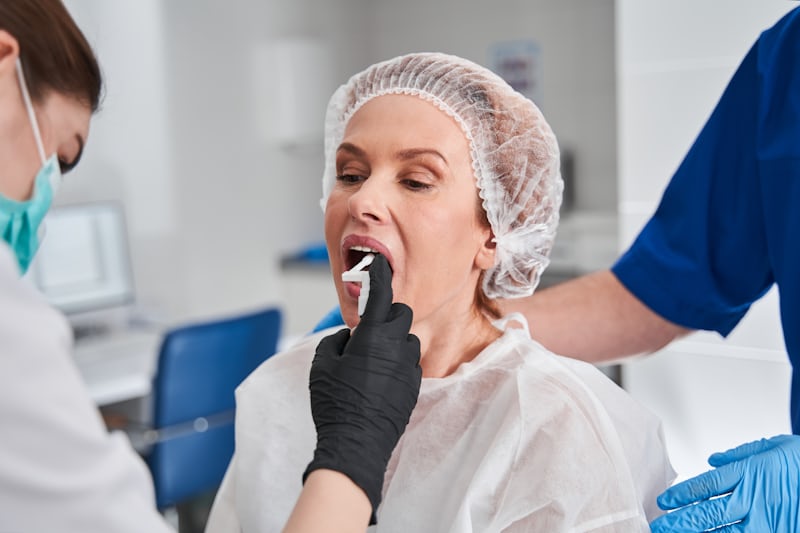
Timeline: When eating becomes problematic (48hrs vs 24hrs vs 12hrs)
The countdown to colonoscopy day involves several critical windows. The 48-hour mark is when many doctors ask you to avoid seeds, nuts, and high-fiber foods that stubbornly stick around. The 24-hour point is usually when you switch to clear liquids only—this gives your digestive system time to process everything already in the pipeline. The 12-hour window is absolutely critical—anything consumed here has a high chance of still being present during your procedure.
And those final 4 hours? Even water might be restricted, as your stomach needs to be completely empty to prevent aspiration risks during sedation. Think of it like preparing for a house inspection—the further out you start cleaning, the more thorough the results will be. One patient told me: “I accidentally ate breakfast 18 hours before my colonoscopy and had to reschedule. Next time, I set my phone to airplane mode for the entire prep day so I wouldn’t be distracted during this critical window!”
Recovery from the mistake: Emotional and practical aspects
Let’s be real—realizing you’ve compromised your colonoscopy prep can trigger a tidal wave of emotions. Frustration at yourself, anxiety about health implications, and dread at repeating the prep process are all normal reactions. Give yourself permission to feel disappointed while remembering that medical professionals see this all the time. If you need to reschedule, address the practical challenges head-on: Will you need to take another day off work? Can the same support person drive you? Do you have enough prep solution for round two? Some hospitals even keep a “rescue kit” of additional prep solution for patients in exactly this situation.
Remember that colonoscopies save lives by catching issues early, making the effort worthwhile even if it takes two attempts. Your future health is worth the extra effort!
Remember that colonoscopies save lives by catching issues early, making the effort worthwhile even if it takes two attempts. Your future health is worth the extra effort!
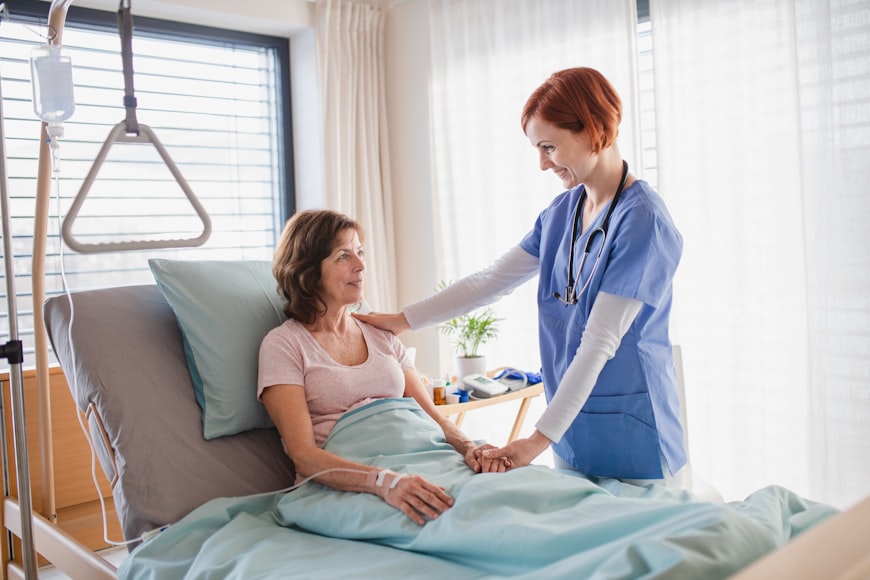
FAQ Approach: Your Burning Questions About Pre-Colonoscopy Eating Mistakes
“I ate before my colonoscopy—is it definitely canceled?”
Not necessarily! This isn’t an automatic game-over situation, though it certainly complicates things. The fate of your procedure depends on several factors that your medical team will evaluate. Dr. Chen, who’s performed thousands of colonoscopies, shared this insight: “About 30% of patients who report minor dietary mistakes can still proceed with their colonoscopies if they call promptly and follow our additional prep instructions.” The decision often boils down to what you ate, when you ate it, and how much you consumed. A sip of orange juice 12 hours before might allow your procedure to continue, while a bowl of cereal 4 hours prior will almost certainly trigger a reschedule. The bottom line: call your doctor’s office immediately and follow their guidance—don’t make this decision solo!
“What happens if I proceed after eating?”
Here’s where things get real. Proceeding with food in your system creates several potential problems. First, visibility becomes compromised, meaning your doctor might miss small polyps or abnormalities—essentially defeating the purpose of the screening. Second, you risk complications during sedation if your stomach isn’t empty, including aspiration (when stomach contents enter your lungs). Third, you’d likely endure the entire uncomfortable prep process only to get incomplete results, meaning—you guessed it—you’d need to repeat the whole thing anyway. One gastroenterologist explained it to me like this: “Attempting a colonoscopy in a partially prepped colon is like trying to find a paper clip in a muddy puddle. It might be possible, but it’s far from ideal and potentially dangerous.” When patients push to proceed despite eating, doctors usually err on the side of caution because they take their responsibility to provide thorough screenings seriously.
“Does the type of food matter?”
Absolutely! Not all dietary slip-ups create equal obstacles. Clear liquids like black coffee or apple juice move through your system relatively quickly and cause minimal visibility issues. High-fiber foods like nuts, seeds, corn, and leafy greens are colonoscopy kryptonite—they can linger in your digestive tract for days, stubbornly clinging to the colon walls. Dairy products create a sticky film that’s difficult to remove completely. Red or purple-colored foods and drinks can stain your colon tissue, potentially causing confusion about whether what they’re seeing is food residue or something requiring medical attention. Nurse Ramirez shared this memory: “I had a patient panic when we told her we found ‘red spots’ during her procedure. Turns out, she’d had cranberry juice—which she didn’t report—about 18 hours before her appointment. Those weren’t concerning lesions; that was just juice residue!” The moral: be specific about what you consumed when reporting your mistake.
“How do doctors determine if we can proceed?”
Your medical team uses a decision-making process that weighs multiple factors. They’ll consider the timing of your accidental eating (anything within 6-8 hours is usually an automatic reschedule), the type and amount of food consumed, your personal medical history, and the purpose of your colonoscopy. Someone getting screened because of concerning symptoms or family history needs absolutely optimal viewing conditions, while routine screenings might occasionally have slightly more flexibility. They’ll also evaluate your overall prep compliance—someone who has otherwise followed instructions perfectly might be treated differently than someone who’s had multiple prep issues. Sometimes they’ll ask you to take additional prep solution or extend your fasting time, while in other cases, they’ll determine that rescheduling is the only viable option. One colorectal surgeon put it bluntly: “It’s simple math—is the risk of missing something dangerous greater than the inconvenience of rescheduling? Patient safety and thorough screening always win that calculation.”
“How to ensure success on your rescheduled appointment”
Let’s turn this setback into a success story! First, understand exactly what went wrong last time—was it confusion about instructions, habitual eating without thinking, or misunderstanding which foods were restricted? Once you pinpoint the issue, create specific safeguards. Many patients find these strategies helpful: place prominent “NO FOOD” signs on your refrigerator, microwave, and bathroom mirror; temporarily delete food delivery apps from your phone; set hourly reminders during critical prep windows; arrange for a prep buddy who checks in with you; prepare allowed clear liquids in advance so you’re not tempted by other options when hunger strikes; and consider staying with a supportive friend during prep time if willpower is your weakness. Remember that preparation actually begins days before with a low-fiber diet—not just the day before with clear liquids. One patient who successfully completed her rescheduled procedure shared: “I treated prep day like a project with checklists and timers. It wasn’t fun, but it was doable knowing it was just one day to potentially save my life.” Your future self will thank you for getting it right this time!
Navigating Colonoscopy Prep Mistakes
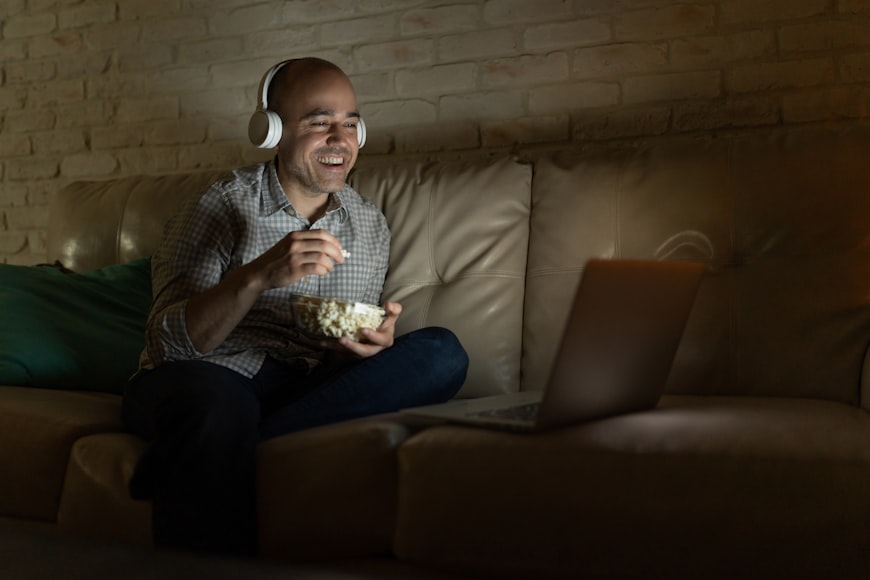
Assessment: What and when did you eat?
The moment you realize you’ve accidentally eaten, it’s time for an honest self-assessment. First, pinpoint exactly when the food entered your system—set a timer on your phone if needed to track precisely how many hours before your procedure this happened. Next, catalog exactly what crossed your lips: Was it solid food or liquid? How much did you consume—a taste, a few bites, or an entire portion? Does it fall into any high-risk categories like high-fiber, dairy, or red/purple foods? This information forms the foundation of your next steps. One prep nurse shared this advice: “Write everything down immediately, including exact times and amounts. When patients call in a panic, they often misremember details, which can lead to unnecessary rescheduling.” Remember, there’s a massive difference between absentmindedly taking a sip of coffee 18 hours before your procedure and eating a sandwich 3 hours before—these situations will be handled very differently.
Communication: How to inform your medical team
Picking up that phone might feel embarrassing, but prompt communication is your best chance at salvaging your appointment. Call your doctor’s office, ask to speak with the nurse or medical assistant who handles colonoscopy prep, and clearly explain the situation. Start with “I need some guidance—I accidentally ate before my colonoscopy scheduled for [time].” Then provide your detailed assessment from the previous step.
Ask direct questions: “Based on this mistake, should I continue with prep or prepare to reschedule?” and “Is there anything additional I should do?”
Some facilities have specific protocols for minor prep infractions, like additional doses of laxative solution. Document who you spoke with and what they advised. One endoscopy center coordinator told me: “Patients who call immediately after a prep mistake are my favorites. They’re honest, they care about their health, and they give us options to potentially fix the situation. It’s the ones who hide their mistakes that end up with failed procedures.”
Possible outcomes based on timing, amount, and type of food
Now comes the moment of truth—what happens next depends entirely on your specific situation. Here’s how it typically breaks down: If you consumed something within 2-4 hours of your procedure, you’re almost certainly looking at a reschedule. Food eaten 4-8 hours before falls into a gray area where your doctor makes a judgment call based on what and how much you ate. Anything consumed 8-12 hours prior might be manageable with additional prep measures, especially if it was clear liquid or a very small amount of simple food. Beyond 12 hours, many minor infractions can be overcome with proper intervention. Your personal risk factors also influence the decision—someone with a family history of colon cancer needs perfect viewing conditions. The type of food matters enormously: clear broths might be forgiven, while sesame-seed bagels cause major problems. As one gastroenterologist put it: “I’d rather reschedule than perform an incomplete examination. A day of inconvenience is better than missing a significant finding.”
Moving forward: Preparation strategies for your next appointment
Whether you’re continuing with your current appointment or rescheduling, it’s time to create a bulletproof prep strategy. First, investigate exactly why the mistake happened: Was it confusion about instructions? Habitual eating? Outside distractions? Implement targeted solutions like setting calendar alerts for each key prep milestone, having a designated “prep buddy” who checks in with you, and practicing “dress rehearsal” clear-liquid meals a week before to gauge hunger levels.
Remember that proper hydration with approved clear liquids makes the entire process more tolerable. One successful patient shared: “After my first failed attempt, I approached the second like training for a marathon—with preparation, mental focus, and a clear finish line in sight. Yes, it was uncomfortable, but nowhere near as bad as I’d built it up to be in my mind.” Your future health is worth this temporary discomfort!

